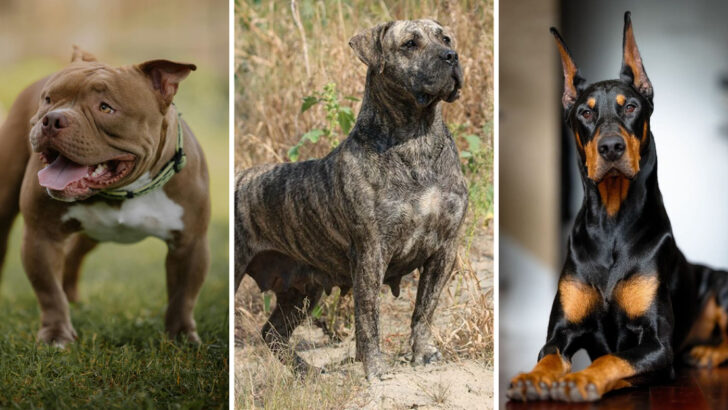Some dogs are born with a bad reputation—whether they deserve it or not.
Strong builds, loud barks, and fearless attitudes often land certain breeds on “most aggressive” lists. But the truth isn’t always that simple. A lot depends on how these dogs are raised, trained, and treated.
Still, there’s no denying that some breeds come with serious power and confidence. That’s why they need owners who understand what they’re getting into.
If you’re curious about the breeds that spark the most debate, these are the ones people talk about first.
Cane Corso
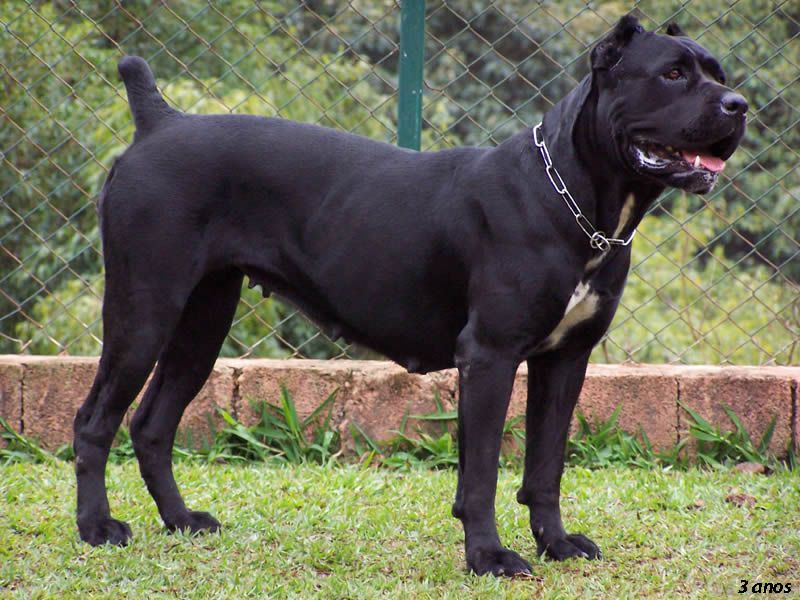
With a lineage tracing back to ancient Roman times, the Cane Corso’s imposing stature often commands attention. Known for their intense loyalty, these dogs are natural protectors. The first impression of a Cane Corso might be intimidating due to its muscular build, but beneath lies a loving companion.
These dogs are highly intelligent and require firm leadership. Their instinctive protective nature makes them excellent guard dogs. However, proper training and socialization from an early age can help them differentiate between threats and friends.
Though they may seem fierce, a well-trained Cane Corso is both a gentle family member and a vigilant guardian.
Bullmastiff
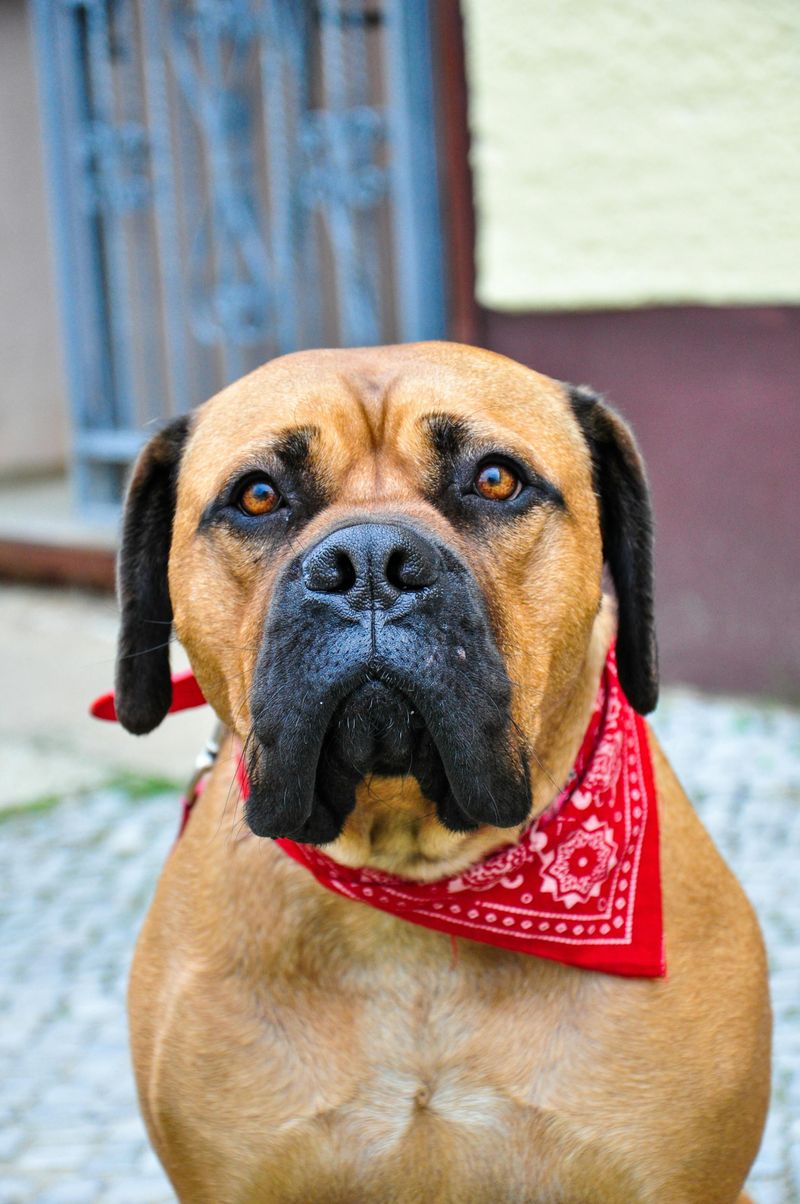
Bullmastiffs are known for their imposing size and protective nature, traits that can be misread as aggression. They are naturally loyal to their families, serving as excellent guardians. Early and ongoing training is crucial to ensure they are well-mannered. Despite their size, Bullmastiffs are gentle giants with a calm disposition. They thrive on companionship and require an owner who can provide firm yet loving guidance. Their protective instincts need careful management to ensure they interact positively with others. With the right environment and understanding, they can be devoted and gentle pets, adding security and warmth to any home.
Perro de Presa Canario
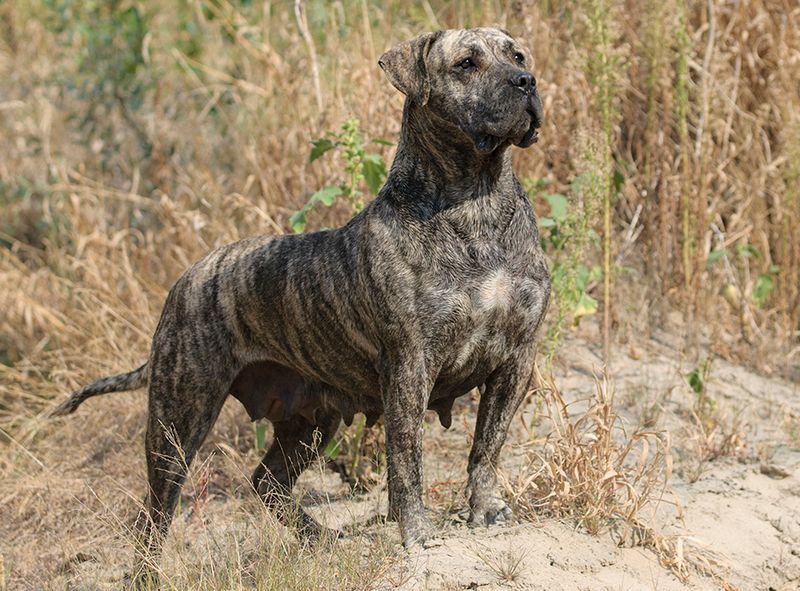
Originating from the Canary Islands, the Perro de Presa Canario has a storied history as both a working dog and a guardian. Their distinctive brindle coat and formidable presence depict strength and resilience.
These dogs are known for their confidence and calm demeanor. Yet, when the situation demands, they can switch to protective mode with remarkable speed. Early and consistent training is crucial for these dogs to thrive in a domestic environment.
The Presa Canario can make a devoted family member, but they thrive best in homes where they can have a clear leader to follow.
American Pit Bull Terrier
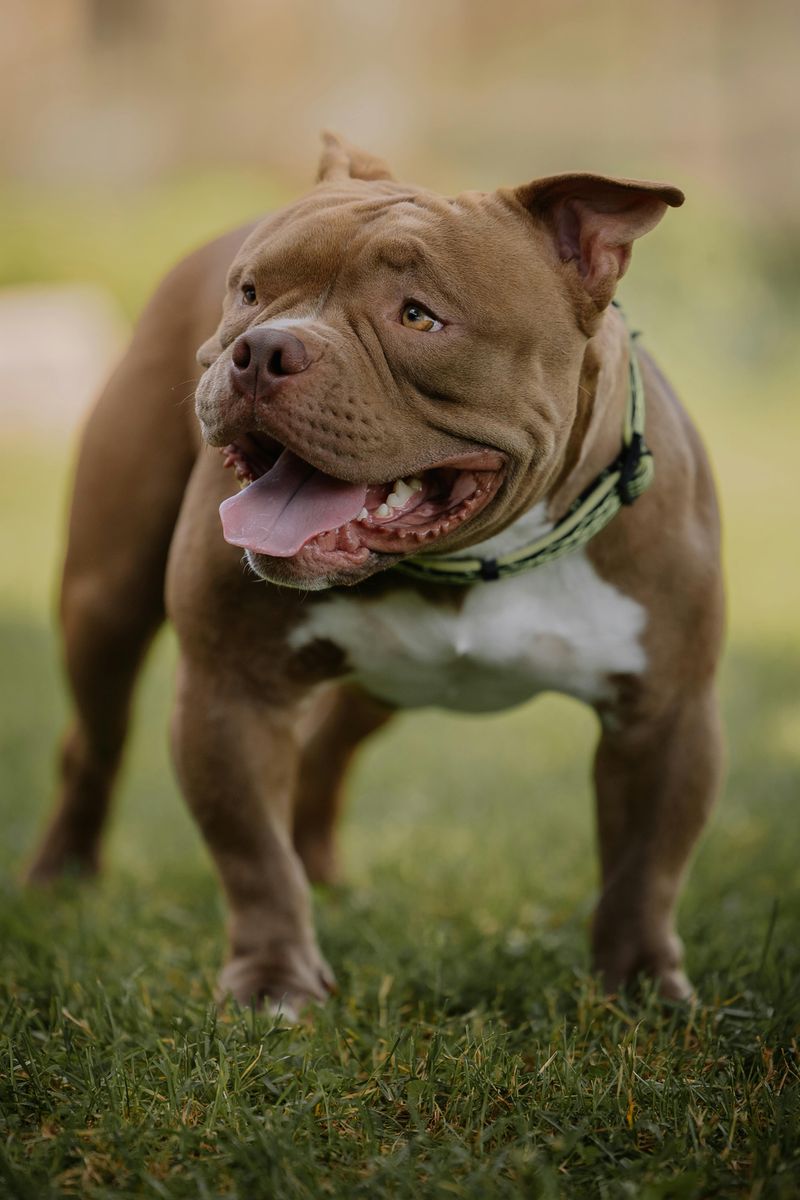
American Pit Bull Terriers often face scrutiny due to their strong build and powerful jaws. However, aggression isn’t inherent in their DNA. This breed thrives on companionship and proper socialization. A well-trained Pit Bull can be gentle and loving, debunking many myths surrounding them. Owners should focus on positive reinforcement to nurture a balanced temperament. Despite their reputation, they can excel in roles such as therapy dogs, showcasing their adaptability and intelligence. Responsible ownership and understanding their needs can make them wonderful pets. Caution should be exercised around unfamiliar dogs, ensuring safety for all parties involved.
Tosa Inu
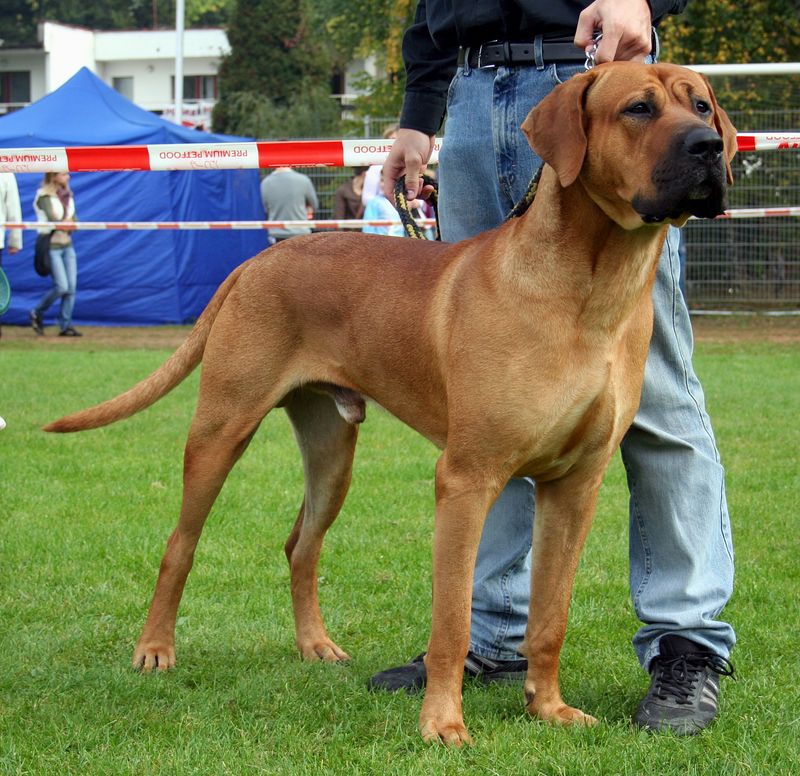
The Tosa Inu, a breed rooted in Japanese history, was initially bred for dog fighting. Despite its fierce origins, the Tosa Inu is admired for its calm and composed nature. This breed carries an air of dignity and silence.
Large and powerful, the Tosa Inu requires experienced handling. Their intelligence and loyalty are unparalleled, but they need clear guidance to prevent dominance issues.
In the right home, the Tosa Inu is a gentle giant, embodying both strength and serenity. Its loyalty to family members is unwavering, making it a unique addition to any household.
Rottweiler
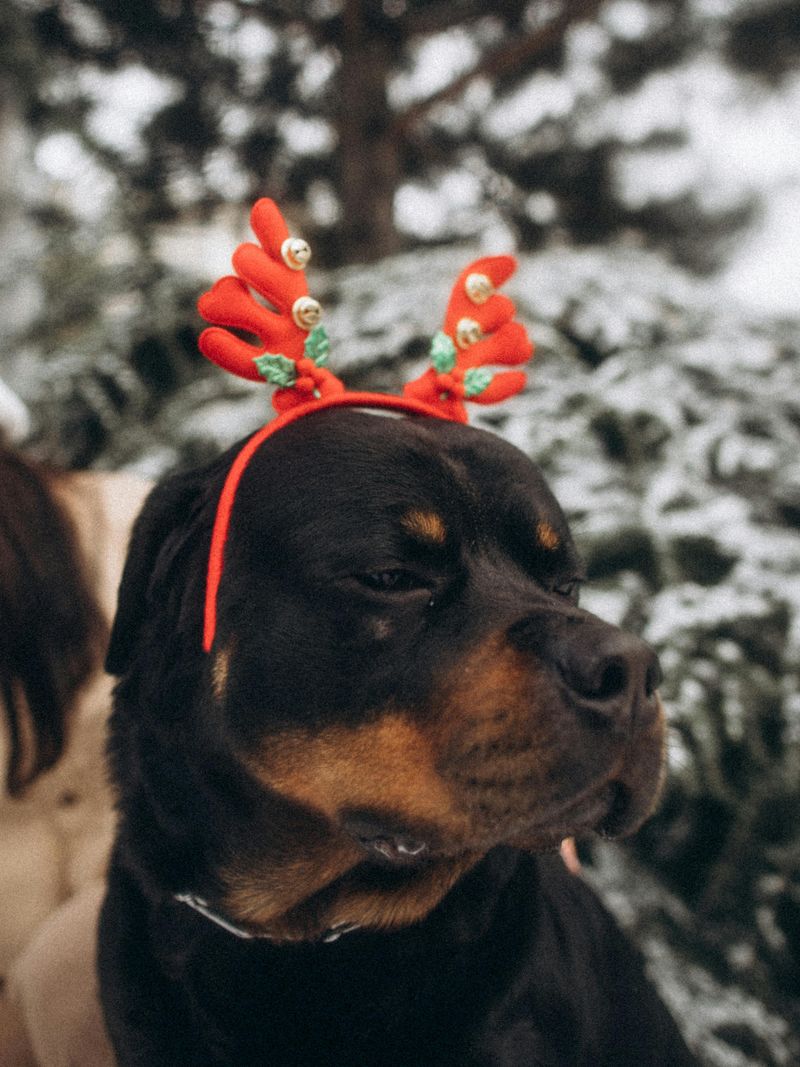
Rottweilers are known for their protective nature, often leading to misconceptions about their temperament. Their loyalty to family members is unmatched, making them excellent guard dogs. Socialization from a young age is crucial to prevent territorial behavior. They require firm, consistent training to harness their strength positively. When well-trained, Rottweilers are affectionate and reliable companions. Their natural guardian instincts can be beneficial, but they must be managed with care. These dogs thrive in environments where they feel secure and are given a clear role. A responsible owner can bring out the best in a Rottweiler.
German Shepherd
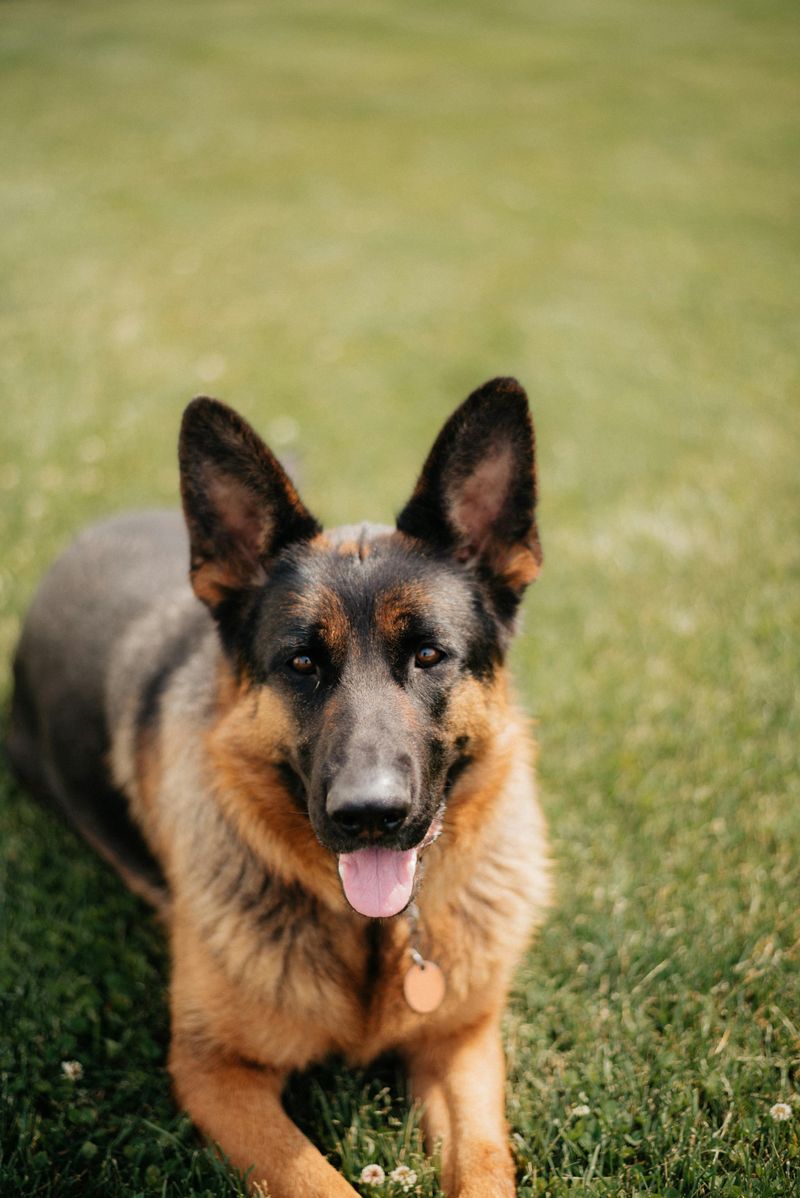
German Shepherds are revered for their intelligence and versatility, often serving in police and military roles. This breed’s assertive nature can be mistaken for aggression if not properly guided. Early and ongoing training is essential to channel their energy constructively. They are highly trainable and form strong bonds with their human companions. A German Shepherd’s loyalty and protective instincts make them excellent family pets when socialized well. These dogs require mental stimulation and physical activity to prevent boredom-related behaviors. Understanding their needs and providing appropriate outlets can ensure a balanced, well-adjusted pet.
Doberman Pinscher
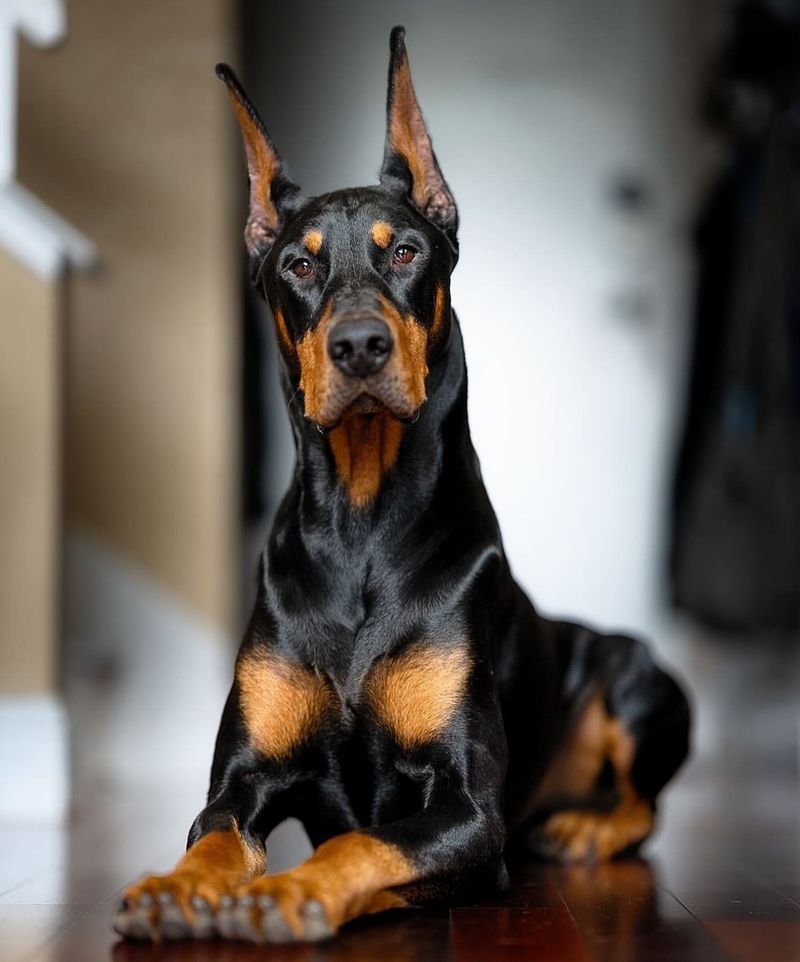
Doberman Pinschers exude elegance and strength, often associated with their role as protectors. Their loyalty to their families is profound, and they require an owner who can provide consistent leadership. Proper socialization and training are key to managing their protective instincts. Despite their reputation, they are affectionate and gentle with those they trust. Dobermans are energetic and thrive on regular exercise and mental challenges. An engaged and active lifestyle keeps them happy and well-behaved. Understanding their nature and meeting their needs can result in a devoted and loving companion.
Chow Chow
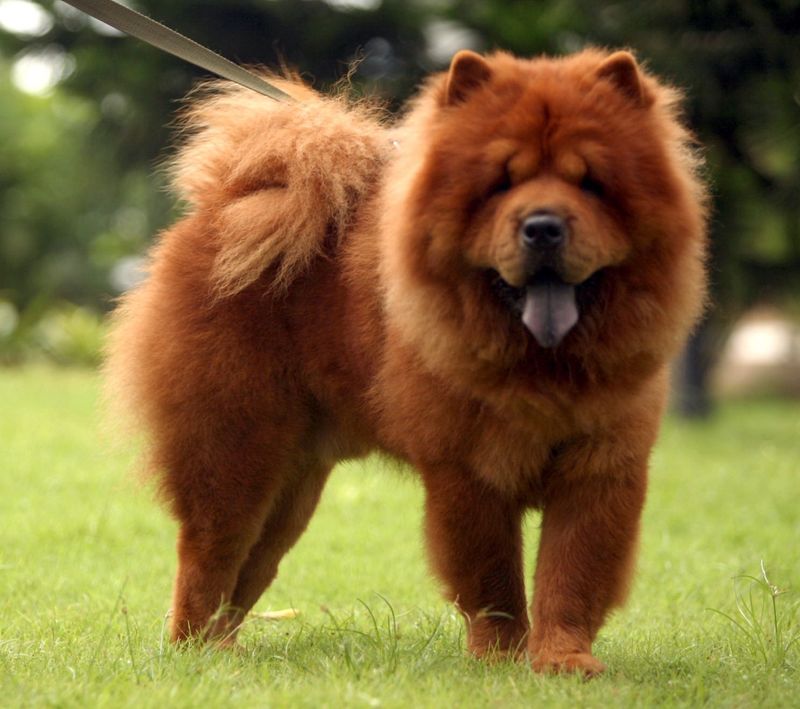
Chow Chows are known for their distinctive appearance and aloof demeanor. Their independent nature can lead to misunderstandings about their temperament. Early socialization is crucial to prevent wariness towards strangers. They require an owner who can respect their space while providing firm guidance. Chows are fiercely loyal to their families, often forming strong bonds. Their protective nature can be beneficial but needs careful management. Providing them with structure and understanding their personality can nurture a harmonious relationship. A Chow’s unique character adds charm to any home, making them a fascinating breed to behold.
Akita
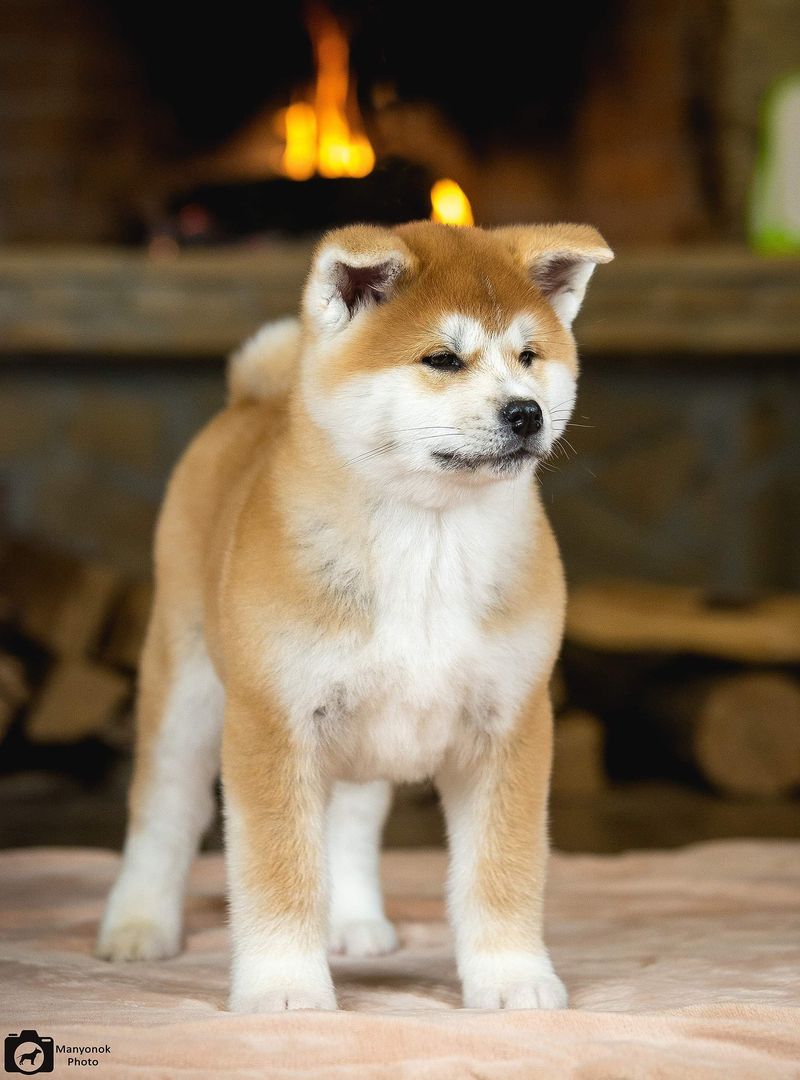
Akitas embody dignity and courage, traits that can be misinterpreted as aggression. They are naturally protective, requiring experienced handlers to manage their instincts. Early socialization is key to ensuring they are well-adjusted in various situations. Akitas are loyal companions, forming strong bonds with their families. Their independent spirit means they need an owner who understands their mindset. With the right approach, they can be gentle and trustworthy pets. Their majestic presence and unique character make them appealing to those who appreciate their qualities. Providing them with a clear role ensures a balanced relationship.
Chihuahua
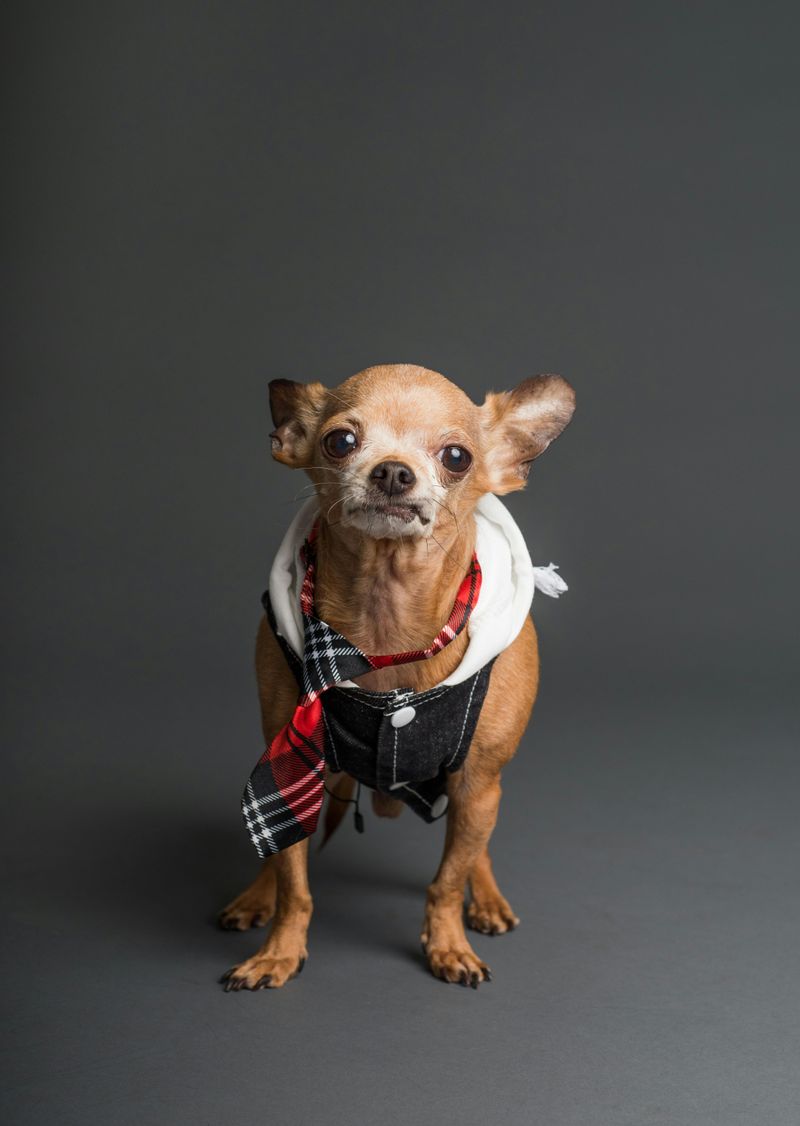
Chihuahuas, despite their small stature, often exhibit bold and confident behavior. Their assertiveness can be misinterpreted as aggression, especially without proper socialization. This breed’s loyalty to their owners is unmatched, often leading to protective behavior. They require an owner who can provide consistent boundaries to manage their big personalities. Chihuahuas thrive on companionship and regular interaction. When socialized well, they are affectionate and playful. Their small size makes them ideal for various living environments. Understanding their temperament and providing a structured setting can foster a content and well-mannered pet.
Jack Russell Terrier
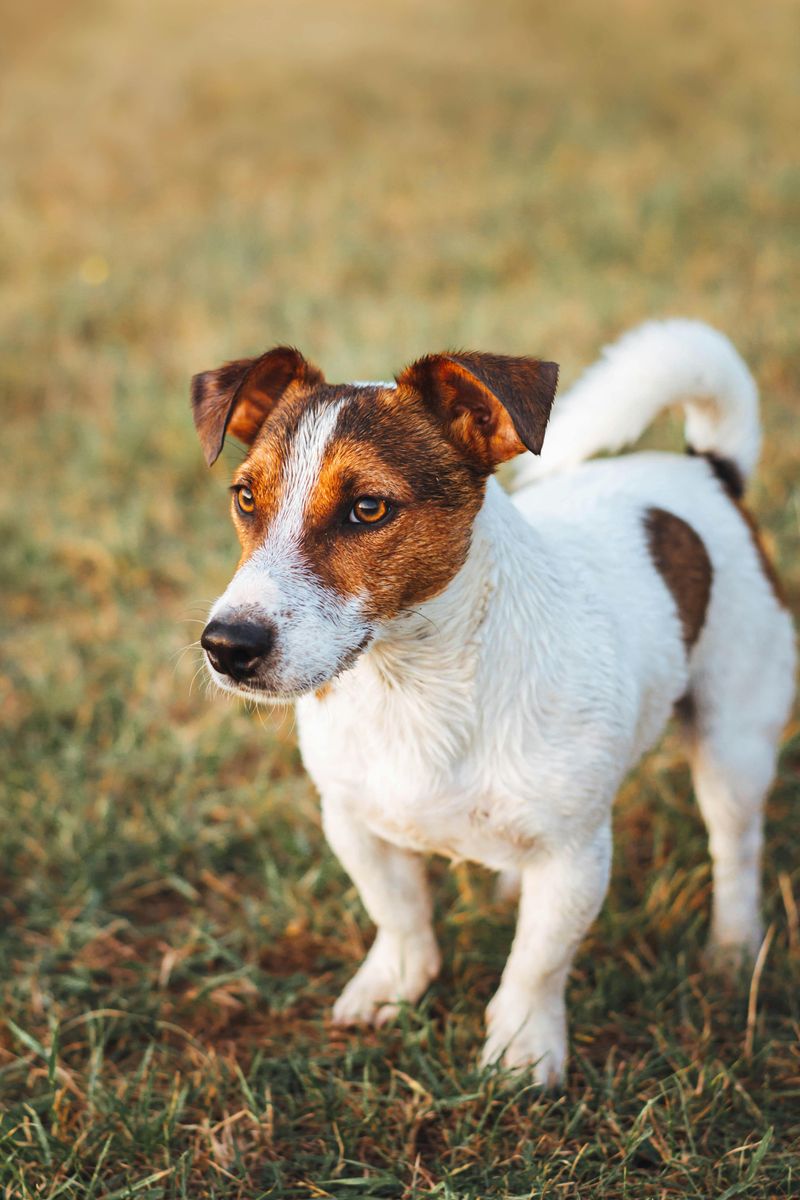
Jack Russell Terriers are renowned for their boundless energy and cleverness. Their tenacious nature requires an owner who can match their zest for life. Early training is essential to channel their drive constructively. They are fearless and determined, often leading to misunderstandings about their temperament. These dogs excel in activities that challenge their agility and intelligence. Consistent mental and physical stimulation is necessary to prevent undesirable behaviors. Jack Russells are loyal and affectionate with their families. Their spirited personality and zest for adventure make them an engaging companion for active households.
Dalmatian
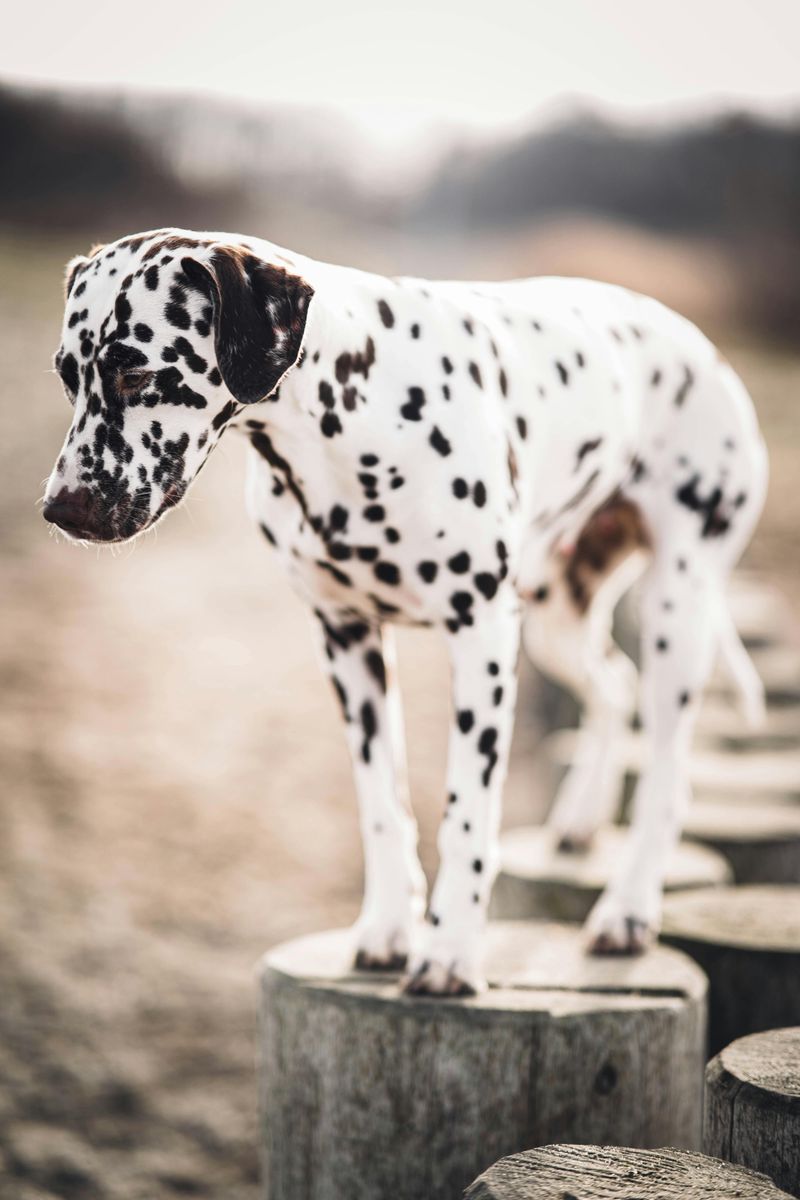
Dalmatians are recognized for their distinctive spotted coats and high energy levels. Their playful nature can be mistaken for unruliness if not properly managed. They require ample exercise and mental stimulation to maintain a balanced demeanor. Training should focus on consistency and positive reinforcement, harnessing their intelligence and eagerness to learn. Dalmatians form strong bonds with their families, often displaying protective instincts. They thrive in active homes where they can participate in family activities. Understanding their needs and providing appropriate outlets can lead to a harmonious relationship with this spirited breed.

